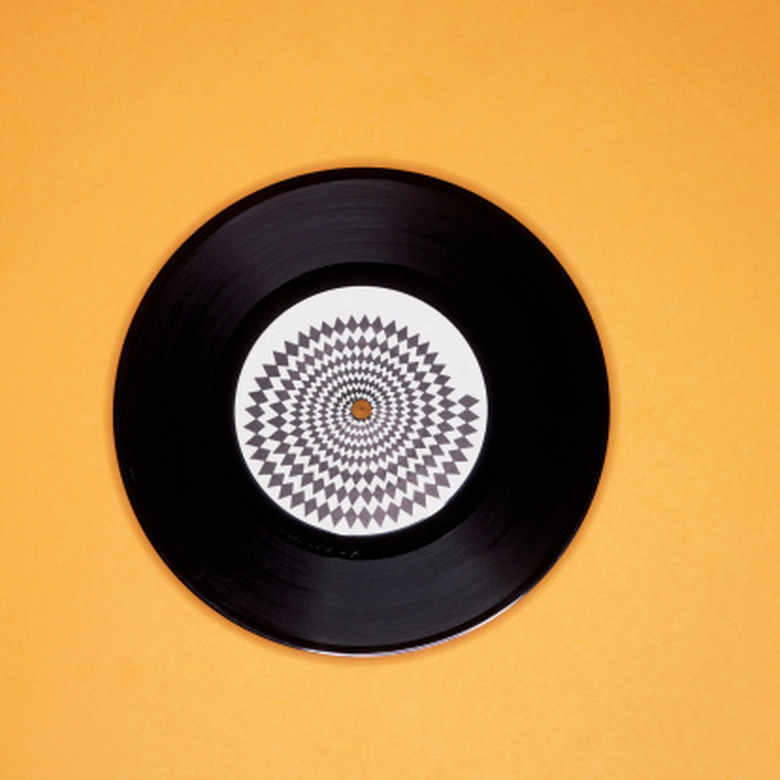How To Calculate The Diameter Of A Circle From A Linear Measurement
A linear measurement refers to any one-dimensional measurement of distance, such as feet, inches or miles. The diameter of a circle is the distance from one edge of the circle to the other, passing through the center of the circle. Other linear measurements in a circle include the radius, which equals half of the diameter, and the circumference, which equals the distance around the circle. If you know either of these measurements, you can calculate the diameter.
Step 1
Divide the circumference by pi, approximately 3.14, to calculate the diameter of the circle. For example, if the circumference equals 56.52 inches, divide 56.52 by 3.14 to get a diameter of 18 inches.
Step 2
Multiply the radius by 2 to find the diameter. For example, if you have a radius of 47 inches, multiply 47 by 2 to get a diameter of 94 inches.
Step 3
Divide the radius by 0.5 to calculate the diameter. In this example, check your answer by dividing 47 by 0.5 to verify your answer of 94 inches.
Cite This Article
MLA
Kennan, Mark. "How To Calculate The Diameter Of A Circle From A Linear Measurement" sciencing.com, https://www.sciencing.com/calculate-diameter-circle-linear-measurement-8666006/. 24 April 2017.
APA
Kennan, Mark. (2017, April 24). How To Calculate The Diameter Of A Circle From A Linear Measurement. sciencing.com. Retrieved from https://www.sciencing.com/calculate-diameter-circle-linear-measurement-8666006/
Chicago
Kennan, Mark. How To Calculate The Diameter Of A Circle From A Linear Measurement last modified March 24, 2022. https://www.sciencing.com/calculate-diameter-circle-linear-measurement-8666006/
